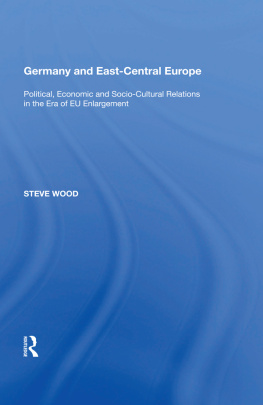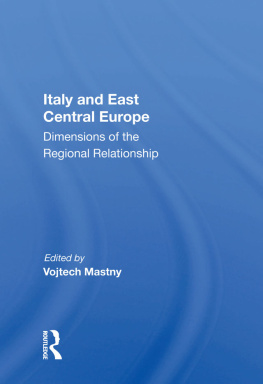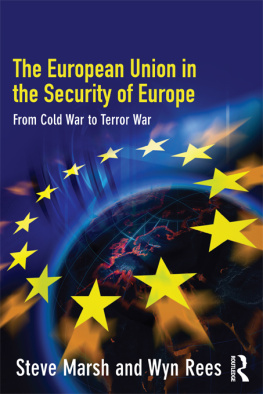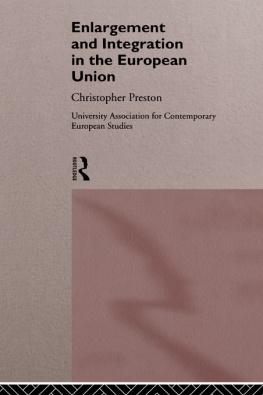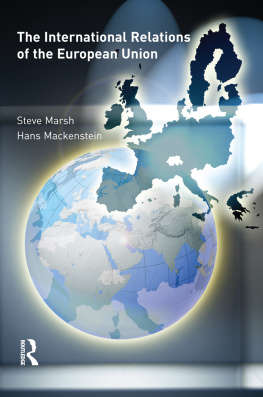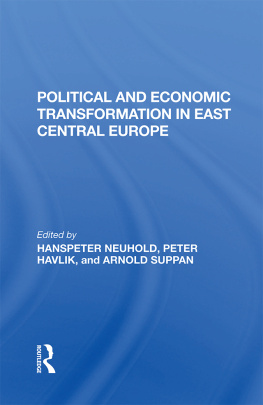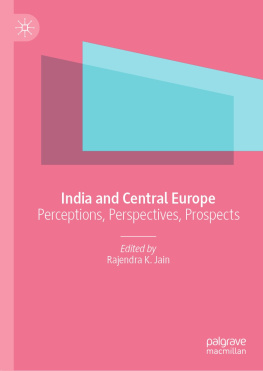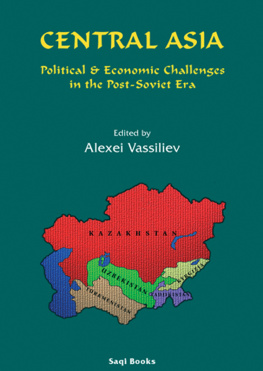First published 2004 by Ashgate Publishing
Reissued 2018 by Routledge
2 Park Square, Milton Park, Abingdon, Oxon OX14 4RN
711 Third Avenue, New York, NY 10017, USA
Routledge is an imprint of the Taylor & Francis Group, an informa business
Steve Wood 2004
Steve Wood has asserted his right under the Copyright, Designs and Patents Act, 1988, to be identified as the author of this work.
All rights reserved. No part of this book may be reprinted or reproduced or utilised in any form or by any electronic, mechanical, or other means, now known or hereafter invented, including photocopying and recording, or in any information storage or retrieval system, without permission in writing from the publishers.
A Library of Congress record exists under LC control number: 2004007703
Notice:
Product or corporate names may be trademarks or registered trademarks, and are used only for identification and explanation without intent to infringe.
Publishers Note
The publisher has gone to great lengths to ensure the quality of this reprint but points out that some imperfections in the original copies may be apparent.
Disclaimer
The publisher has made every effort to trace copyright holders and welcomes correspondence from those they have been unable to contact.
ISBN 13: 978-0-815-38922-4 (hbk)
ISBN 13: 978-1-351-15744-5 (ebk)
Many thanks to the National Europe Centre at the Australian National University and its Director, Simon Bronitt; the Department of Political Science at the University of Western Australia, especially Bruce Stone, Linley Hill, Alex Coram, David van Mill, Mike Pepperday and David Denemark; and Campbell Sharman, now at the University of British Columbia. Special thanks to the Osteuropa Institut, Munich, in particular Wolfgang Quaisser, Hermann Clement, Volkhart Vincentz, and Andrzej Mein lieber Mann Staniek. Thank you also to Greg OLeary (Procom), B. Laggard, Olaf Mager, Reinhard Meier-Walser, Otmar Jung, and the Wood and Kantimm families.
Particular gratitude is due to all interview partners and to the German Academic Exchange Service (DAAD) whose assistance has been invaluable.
Chapter 1
Introduction
1.1 Theme and Arguments
The Federal Republic of Germany (FRG) has been widely regarded as the locomotive for major economic and, increasingly, political developments in Europe. Germanys political leaders consistently justified its integrationist policy direction and provision of around 60% of net transfers to the European Union (EU) by reference to a consolidation of peace and security, and to its trade interdependence with EU states. The EU has undertaken its largest ever enlargement to include eight and later at least two more countries of Central and Eastern Europe (CEE). Focusing on the period leading to these states formal accession, this book examines relations between Germany and, principally, Poland, the Czech Republic and Hungary. These three comprise East-Central Europe (ECE). The book incorporates political-diplomatic, economic-commercial, and socio-cultural fields, and correlated bilateral and multilateral contexts. Whilst aiming for topicality it also is mindful of powerful historical influences on contemporary European politics. It pursues the following enquiries: What were the motivations for German policies towards these countries and EU enlargement? What developments or forces assisted or countered them? What characterises popular attitudes to common themes in Germany and ECE? What effects do different sectors and actors have on processes of integration and on bilateral relations? What reciprocal effects are there with wider international affairs? What benefits and costs does enlargement present for Germany?
It is argued here that whether advocating enlargement, now steered to accommodate national preferences in a more insistent manner, promoting private sector engagement, or encouraging civil and intellectual exchange, the German state, under successive governments, has been the crucial actor in the processes of CEE transition and accession to the EU. This was not primarily an exercise in altruism although it involved considerable fiscal transfers. The Schroder government had to absorb huge pressures from within and outside the German polity to maintain an enlargement course. It did so because the alternatives were perceived as untenable, and only then with detours. From 198990 CEE was seen as a possible security threat due to the uncertain internal situation of individual states and the region as a whole. The widening of NATO to include the three ECE states was a substantial step towards resolving that challenge. The region was also viewed as offering enormous opportunity if its transition could be effectively managed. After a promising start, the heralded economic potential was muted, for a variety of reasons, while the costs of enlargement-related measures rose. Financial strains exacerbated by a flat German economy aggravated disputes among old and new members about funding and distribution of the EU budget. There was not much convincing evidence that, on balance, the venture would soon produce positive returns for the German public. In 1988 the FRG would have paid almost any price to have the eastern half of Europe join the then European Community (EC). A decade and more later, perceptions about enlargement, its potential effects on and opportunities for Germany were more pessimistic.

